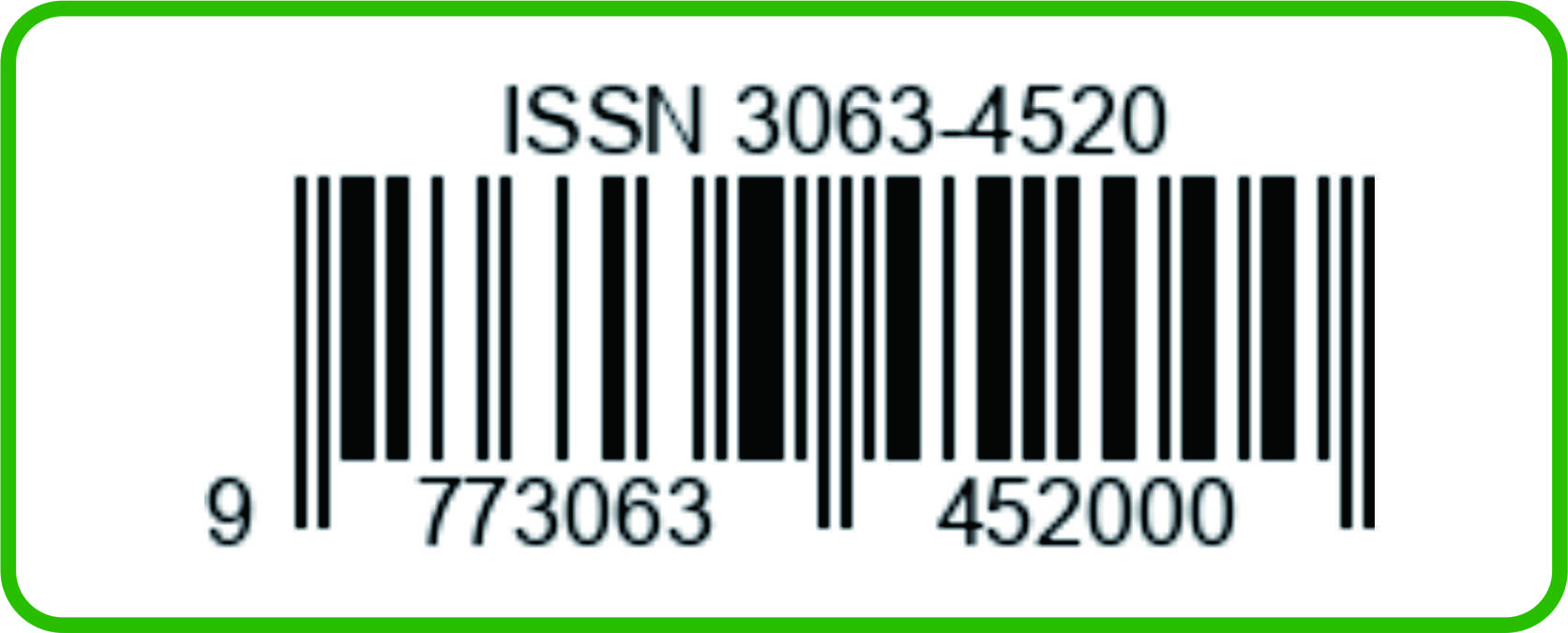Konflik Hukum, Agama, dan Pancasila dalam Kasus Perkawinan Beda Agama di Indonesia
Conflicts between Law, Religion and Pancasila in the Case of Interfaith Marriages in Indonesia
Keywords:
perkawinan beda agamaAbstract
Interfaith marriage from an Islamic perspective is a complex topic that often sparks various debates among scholars and in social practice. In Islamic teachings, marriage is a sacred institution strictly regulated by Sharia law. Generally, in Islam, marriage between a Muslim and a non-Muslim (in this case, a non-Muslim who is not from the People of the Book, such as Christians and Jews) is considered invalid. This study aims to identify the discrepancy between the Marriage Law, which requires religious uniformity in marriage, and the principle of religious freedom as outlined in the first principle of Pancasila. Additionally, the study seeks to explore the legal and social impacts of this conflict on interfaith couples and society at large, as well as to propose inclusive, Pancasila-oriented solutions. This study uses a qualitative method with a case study approach to analyze the legal and Pancasila-related conflicts in cases of interfaith marriage in Indonesia. The results show that the conflict between marriage law and Pancasila values in interfaith marriage cases in Indonesia reflects a misalignment between existing legal provisions and the principle of religious freedom. This conflict has significant legal and social impacts on interfaith couples and society. Proposed solutions include regulatory revisions, education on religious tolerance, mediation, and strengthened human rights protections. It is hoped that this comprehensive and inclusive approach will help create a legal system that respects religious freedom and aligns with Pancasila values.
References
Abdurrahman, S.(2020). Hukum Perkawinan di Indonesia: Perspektif Pancasila. Jakarta: Penerbit Sinar Harapan.
Baharuddin, M. (2019). Perkawinan Beda Agama dalam Hukum Positif dan Hukum Pancasila. Yogyakarta: Laksana.
Husni, M.(2021). Keseimbangan Hak dan Kewajiban dalam Perkawinan Beda Agama: Studi Hukum Pancasila. Bandung: Refika Aditama.
Kusnadi, S. (2018). Hukum Keluarga dan Pancasila: Menyikapi Perkawinan Beda Agama. Surabaya: Tiga Serangkai.
Mardani, S. (2022). Pancasila dan Implementasi Hukum Keluarga di Indonesia. Malang: Bintang Pustaka.
Suryadinata, L.(2017). Hukum Perkawinan di Indonesia: Antara Tradisi dan Modernitas. Jakarta: Prenada Media.
Wahid, S. (2023). Tantangan dan Solusi dalam Perkawinan Beda Agama menurut Hukum Pancasila. Jakarta: Penerbit Alumni.
Mulia, M. (2010). Perkawinan Beda Agama: Perspektif Hukum dan Agama di Indonesia. Jakarta: Pustaka Sinar Harapan.
Ali, Mahrus. (2008). Hukum Perkawinan Islam di Indonesia. Jakarta: Raja Grafindo Persada.
Soekanto, Soerjono. (2003). Hukum Adat Indonesia: Suatu Pengantar. Jakarta: Rajawali Press.
Juwita, Ratna. (2015). Kajian Yuridis Tentang Perkawinan Beda Agama di Indonesia. Yogyakarta: LKiS.
Sutomo, Ali. (2017). Hukum Perkawinan dalam Perspektif Pancasila. Surabaya: Universitas Airlangga Press.
Rahayu, W. (2019).Perkawinan Beda Agama di Indonesia: Studi Kritis Terhadap Implementasi Hukum Pancasila". Jurnal Hukum dan Keadilan, Vol. 12, No. 1, hlm. 45-60.
Suryana, R. (2018).Perkawinan Beda Agama dan Pancasila: Menemukan Jalan Tengah". Jurnal Filsafat Pancasila, Vol. 10, No. 2, hlm. 110-125.
Downloads
Published
How to Cite
Issue
Section
License
Copyright (c) 2024 Ahmad Muhammad Mustain Nasoha, Mutiara Hayatunnufus, Devinta Syahwa Novalinda, Yuli Agita Sari

This work is licensed under a Creative Commons Attribution-NonCommercial-ShareAlike 4.0 International License.
Most read articles by the same author(s)
- Ahmad Muhammad Mustain Nasoha, Ashfiya Nur Atqiya, Nabila Nur Aisha, Galuh Sri Lestari, Nur Aulya Rahmah, Nikah Sirri dalam Perspektif Hukum Islam, Pancasila, dan Hukum Konstitusi: Menjaga Keadilan Sosial dan Perlindungan Hak Asasi , DIRASAH: Jurnal Kajian Islam: Vol. 1 No. 2 (2024): DIRASAH: Jurnal Kajian Islam
- Ahmad Muhammad Mustain Nasoha, Ashfiya Nur Atqiya, Marsha Cahya Shakilla, Nur Amalina, Aini Zulaika, Isna Maziyah Agustin, Poliandri dalam Perspektif Pancasila dan Hukum Islam: Kajian Konstitusional dan Nilai-Nilai Kebangsaan , DIRASAH: Jurnal Kajian Islam: Vol. 1 No. 2 (2024): DIRASAH: Jurnal Kajian Islam
- Ahmad Muhammad Mustain Nasoha, Insannia Azzura Amananta, Melati Fajar Setiowati, Airin Sabrina istigfara, Poligami dan Kesetaraan Gender: Perspektif Pancasila dan Kajian Islam serta Implikasi Konstitusi , DIRASAH: Jurnal Kajian Islam: Vol. 2 No. 1 (2025): DIRASAH: Jurnal Kajian Islam
- Ahmad Muhammad Mustain Nasoha, Ashfiya Nur Atqiya, Iccha Pawesti Binardo, Revalina Putriyana Faza, Desta Atikasari, Perspektif Pancasila dalam Harmonisasi Hukum Islam dan Hukum Nasional , DIRASAH: Jurnal Kajian Islam: Vol. 2 No. 1 (2025): DIRASAH: Jurnal Kajian Islam
- Ahmad Muhammad Mustain Nasoha, Ashfiya Nur Atqiya, Syihaabuddiin 'Askar, Mohammad Omar Hanif, Muhammad Fadli Bahtiar, Pancasila dan Harmonisasi Hukum Islam dalam Konteks Perkawinan , DIRASAH: Jurnal Kajian Islam: Vol. 2 No. 1 (2025): DIRASAH: Jurnal Kajian Islam
- Ahmad Muhammad Mustain Nasoha, Ashfiya Nur Atqiya, Habib Zuhud Siswoyo, Muhammad Nurhidayat, Muhammad Bagus Wijayakusuma, Wali Nikah dalam Perspektif Pancasila dan Hukum Islam: Konflik dan Konvergensi , DIRASAH: Jurnal Kajian Islam: Vol. 2 No. 1 (2025): DIRASAH: Jurnal Kajian Islam












